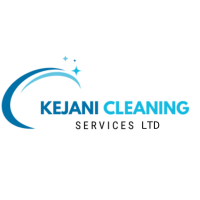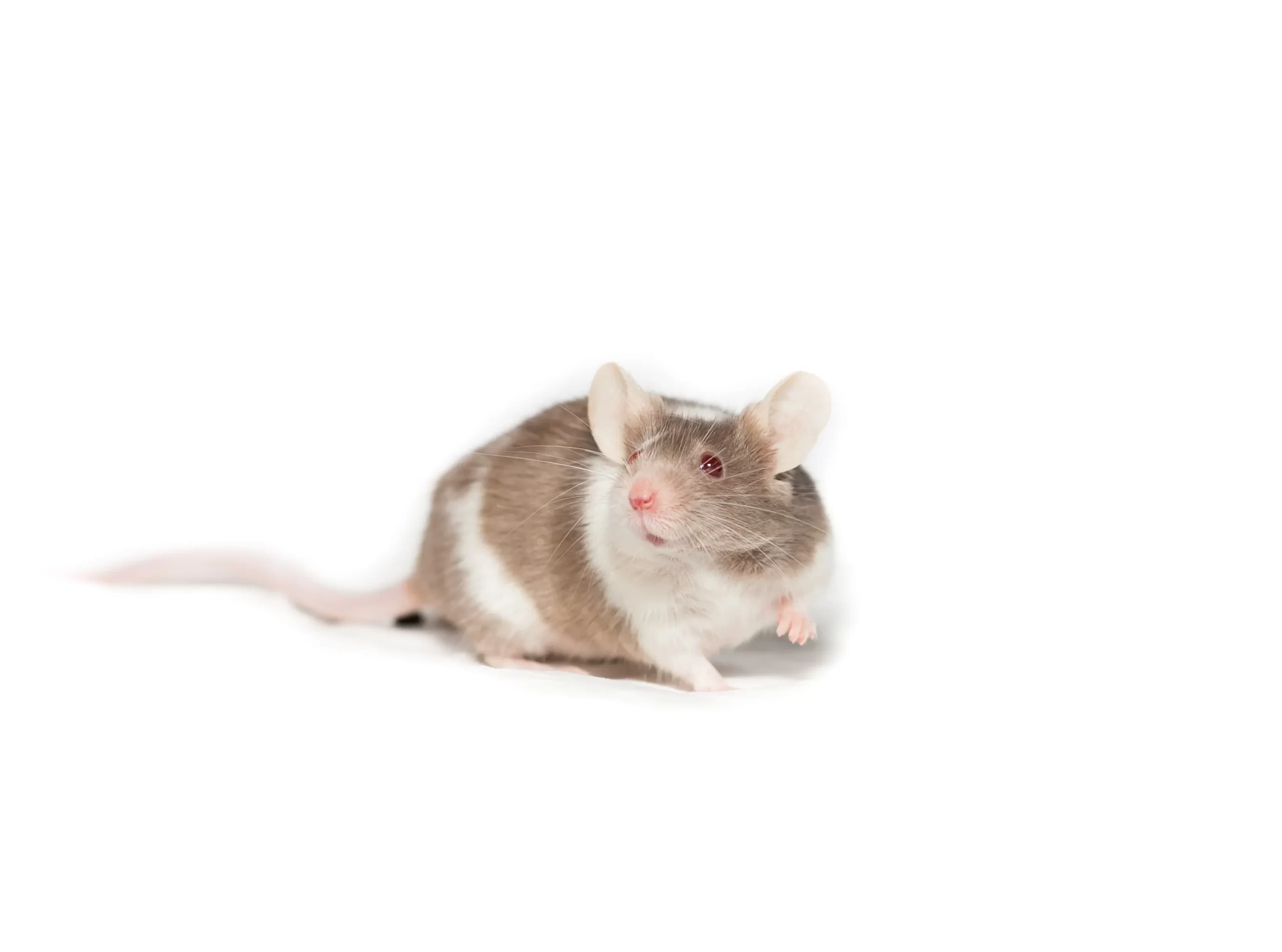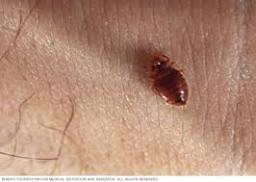Introduction
In Kenya, pests pose a significant threat to agricultural production, leading to reduced yields and economic losses. Traditionally, farmers have relied on chemical pesticides to control pest populations. However, this approach has proven to be unsustainable, leading to environmental degradation, pest resistance, and health hazards. Integrated Pest Management (IPM) offers an alternative approach that emphasizes the use of multiple pest control strategies to achieve sustainable pest management. This article discusses the benefits of IPM in Kenya and its potential to revolutionize pest control practices in the country.
What is Integrated Pest Management?
Integrated Pest Management is an approach that combines different pest control strategies to manage pests effectively while minimizing adverse effects on the environment, human health, and non-target organisms. It involves the use of cultural, biological, and chemical methods to control pests. IPM is based on the understanding of pest biology and ecology, and it seeks to disrupt the life cycle of pests to prevent their buildup to damaging levels.
The Benefits of Integrated Pest Management in Kenya
1. Reduced Environmental Pollution
One of the major benefits of IPM in Kenya is that it reduces environmental pollution. Chemical pesticides have been the mainstay of pest control in the country, but their use has led to the contamination of water sources, soil, and air. The chemicals used in pesticides can persist in the environment for years, leading to long-term environmental degradation. IPM, on the other hand, relies on non-chemical methods, such as crop rotation, cultural practices, and biological control, which do not pose a risk to the environment.
2. Increased Yields and Profitability
Another benefit of IPM is that it leads to increased yields and profitability. Pests are a significant threat to agricultural production in Kenya, and their impact can be devastating. IPM emphasizes the use of multiple pest control strategies, which ensures that pests are managed effectively, leading to increased yields. Additionally, IPM reduces the cost of pest control, leading to increased profitability for farmers.
3. Reduced Pest Resistance
Chemical pesticides have been widely used in Kenya for pest control, leading to the development of pest resistance. The overuse of pesticides has led to the selection of pest populations that are resistant to the chemicals used. IPM reduces the use of chemical pesticides, leading to a reduced risk of pest resistance. The use of biological control agents and cultural practices disrupts the life cycle of pests, preventing their buildup to damaging levels.
4. Improved Food Safety and Human Health
Chemical pesticides can pose a risk to human health and food safety. The chemicals used in pesticides can leave residues on crops, leading to health hazards when consumed by humans. Additionally, pesticide applicators are at risk of exposure to harmful chemicals, leading to acute and chronic health effects. IPM reduces the use of chemical pesticides, leading to improved food safety and human health.
5. Long-Term Sustainability
IPM is a sustainable approach to pest management in Kenya. The approach emphasizes the use of multiple pest control strategies, which ensures that pests are managed effectively while minimizing adverse effects on the environment and human health. Additionally, IPM reduces the cost of pest control, leading to increased profitability for farmers. The long-term sustainability of IPM makes it a viable alternative to chemical pesticides.
Challenges of Implementing IPM in Kenya
Although IPM has many benefits, its implementation in Kenya faces several challenges. Some of the challenges include a lack of knowledge and awareness among farmers, inadequate funding for research and extension services, and limited access to alternative pest control methods. Addressing these challenges is essential for the successful implementation of IPM in Kenya.
Conclusion
Integrated Pest Management is a sustainable approach to pest control in Kenya. Through the use of multiple pest control strategies, IPM offers a more effective and environmentally friendly alternative to chemical pesticides. The benefits of IPM in Kenya are numerous, including reduced environmental pollution, increased yields and profitability, reduced pest resistance, improved food safety and human health, and long-term sustainability. However, the successful implementation of IPM in Kenya requires addressing the challenges of limited knowledge and awareness, inadequate funding for research and extension services, and limited access to alternative pest control methods.
To promote the adoption of IPM, the Kenyan government should provide incentives to farmers who implement IPM strategies, establish IPM demonstration plots, and conduct research and extension services to promote the use of IPM. Additionally, farmers should be educated on the benefits of IPM and provided with training and technical support to implement IPM practices effectively.
In conclusion, Integrated Pest Management offers a sustainable approach to pest control in Kenya that can help reduce environmental pollution, increase yields and profitability, reduce pest resistance, improve food safety and human health, and ensure long-term sustainability. By promoting the adoption of IPM, Kenya can achieve sustainable pest control practices that benefit both farmers and the environment.
FAQs
- What is Integrated Pest Management?Integrated Pest Management (IPM) is an approach that combines different pest control strategies to manage pests effectively while minimizing adverse effects on the environment, human health, and non-target organisms. It involves the use of cultural, biological, and chemical methods to control pests.
- Why is IPM important in Kenya?Pests are a significant threat to agricultural production in Kenya, and their impact can be devastating. IPM offers a more effective and sustainable alternative to chemical pesticides, which reduces environmental pollution, increases yields and profitability, reduces pest resistance, improves food safety and human health, and ensures long-term sustainability.
- What are the challenges of implementing IPM in Kenya? Some of the challenges of implementing IPM in Kenya include limited knowledge and awareness among farmers, inadequate funding for research and extension services, and limited access to alternative pest control methods.
- How can the adoption of IPM be promoted in Kenya?The adoption of IPM in Kenya can be promoted through the provision of incentives to farmers who implement IPM strategies, the establishment of IPM demonstration plots, and research and extension services to promote the use of IPM. Additionally, farmers should be educated on the benefits of IPM and provided with training and technical support to implement IPM practices effectively.
- Is IPM a sustainable approach to pest control in Kenya?Yes, IPM is a sustainable approach to pest control in Kenya as it emphasizes the use of multiple pest control strategies, which ensures that pests are managed effectively while minimizing adverse effects on the environment and human health. Additionally, IPM reduces the cost of pest control, leading to increased profitability for farmers.
Related Posts
The Role of Pest Inspection Services in Kenya for Early Detection and Prevention of Infestations
How to Maintain a Pest-Free Environment in Kenya: Tips for Long-Term Pest Control Success
Emergency Pest Control Services in Nairobi: Fast and Reliable Solutions for Urgent Situations
Organic Pest Control in Nairobi: An Eco-Friendly Solution for Pest Problems





0 Comments